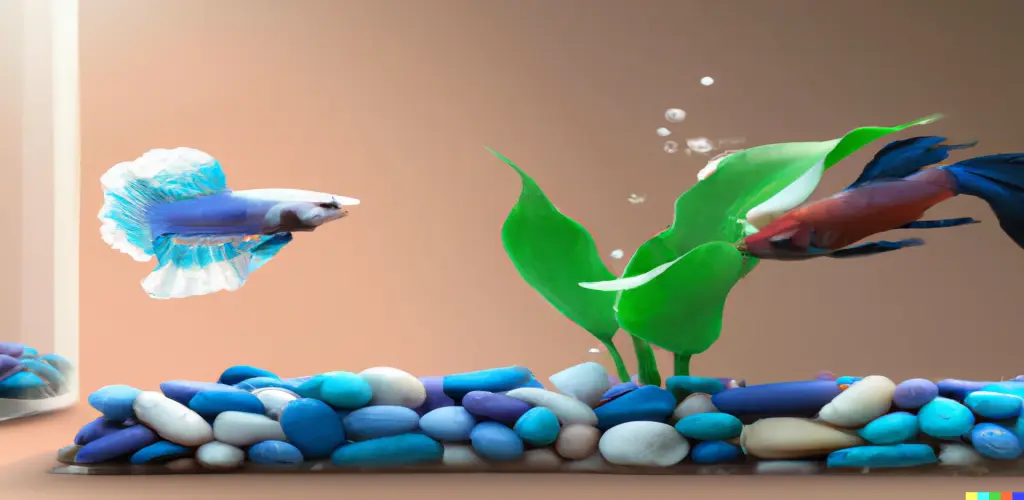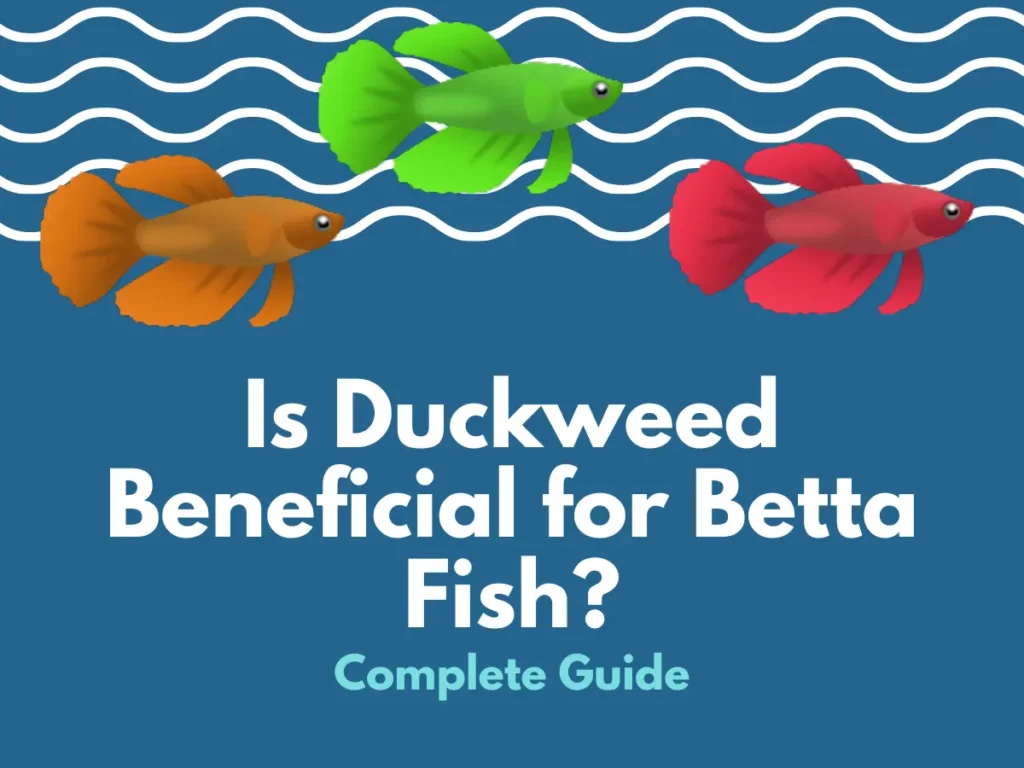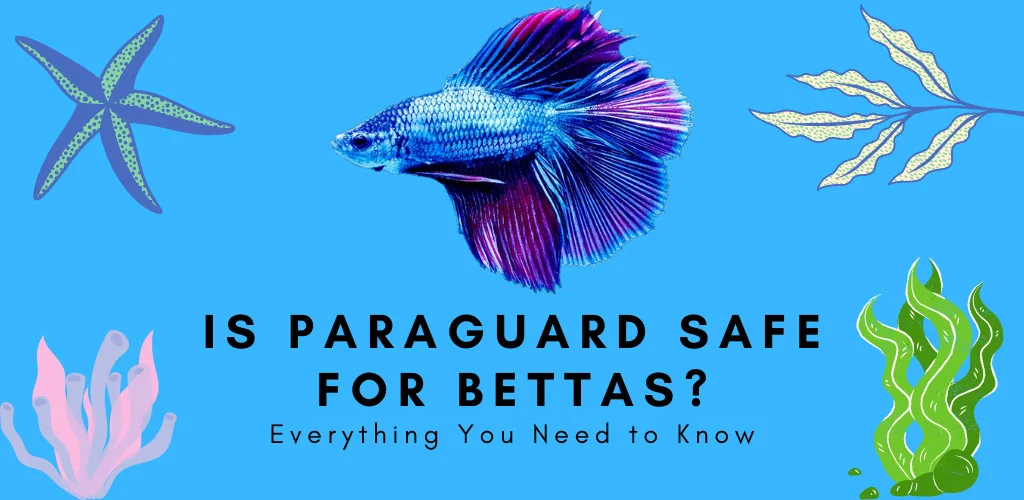In this article, we’ll examine how many pellets do I need to feed a betta fish. This is a common question among Betta owners, and understanding the answer is crucial for your Betta’s health. Whether you are a new Betta owner or have been caring for these beautiful fish for years, knowing how many pellets do I need to feed a betta fish can make a significant difference in their well-being. By focusing on this key aspect, you can avoid common feeding mistakes and ensure your Betta fish thrive.
By repeating the essential question, how many pellets do I need to feed a betta fish, we emphasize its importance in Betta care. Understanding the precise amount of food required helps in preventing overfeeding and underfeeding, both of which can lead to health issues. Remember to always observe your Betta’s behavior and adjust their feeding routine accordingly to keep them healthy and happy.
Understanding Betta Fish Nutrition
Before we dive into the specifics of feeding your betta fish, it’s important to understand their nutritional needs. Betta fish are carnivorous, requiring a diet high in protein. In the wild, they primarily feed on insects and small aquatic animals.
When shopping for fish food, look for products specifically designed for bettas. These pellets typically contain a high percentage of protein and are formulated to meet the unique nutritional needs of these fish.
How Many Pellets Do I Need to Feed a Betta Fish?
The amount of food your Betta requires will depend on several factors, including its age, size, and activity level. As a general rule of thumb, bettas should be fed two to three pellets twice a day.
However, it’s important to feed your fish appropriately. Overfeeding can lead to digestive issues, obesity, and other health problems. If you notice your Betta leaving uneaten food in the tank, it may be a sign that you’re feeding them too much.
How to Feed Betta Fish
When feeding your Betta fish, it is important to ensure that the pellets sink to the bottom of the tank. Betta fish are known to be surface feeders but also feed from the bottom of the tank. To avoid overfeeding, provide your Betta fish with small amounts of food at a time. If there is any leftover food, remove it from the tank immediately to prevent water contamination.
Betta Fish Feeding Schedule:
Betta fish should be fed twice a day. The best time to feed your Betta fish is in the morning and evening. A consistent feeding schedule will help your Betta fish develop a healthy appetite and reduce the risk of overfeeding.
What to Avoid:
Avoid feeding your Betta fish live food, such as insects, as they may carry diseases that can harm your Betta fish. Additionally, do not feed your Betta fish human food, as it does not meet their nutritional requirements and can cause health problems.
Betta Fish Diet Variations:
If you want to provide your Betta fish with a varied diet, you can offer them frozen or live food, such as brine shrimp or bloodworms. These can be given as occasional treats, but they should be outside their diet.
Adjusting for Individual Needs:
While the two to three pellets twice a day guideline is a good starting point, monitoring your Betta’s behavior and adjusting their feeding schedule is important. If your fish appears to be constantly hungry or is rapidly gaining weight, you may need to increase its portion size.
Conversely, if your Betta is leaving food behind or seems lethargic after feeding, you may need to decrease the amount of food you’re giving them. It’s important to remember that every fish is different, and what works for one Betta may not work for another.
Additional Feeding Tips
In addition to monitoring your Betta’s portion sizes, there are a few other things you can do to ensure they’re getting the right amount of food:
Consider feeding your Betta a varied diet, including pellets and live or frozen foods. This can help prevent nutritional deficiencies and keep your fish engaged and active.
Don’t feed your Betta more than it can eat in five minutes. Any uneaten food should be removed from the tank to prevent it from fouling the water.
If you are away from home for an extended period, consider investing in an automatic fish feeder. These devices can be programmed to dispense food at set intervals, ensuring your Betta is fed even when you cannot do it yourself.
Observing Betta Fish Behavior
It’s essential to observe your Betta fish regularly to ensure they are healthy and happy. Behavioral changes can indicate issues with their diet or overall well-being. For instance, a Betta that frequently swims to the surface and exhibits vigorous feeding behavior is likely getting the right amount of food. On the other hand, if your Betta is consistently hiding, showing signs of stress, or appears bloated, it might be an indication that their feeding routine needs adjustment.
Introducing New Foods
Introducing new foods to your Betta’s diet can be beneficial but should be done gradually. Start by offering small amounts of the new food alongside their regular pellets. Monitor their response to ensure they accept the new diet without any adverse reactions. Variety in diet can prevent boredom and nutritional deficiencies, promoting a healthier and more active Betta fish.
Common Feeding Mistakes to Avoid
Some common mistakes that Betta owners make when feeding their fish include:
Overfeeding:
As mentioned earlier, overfeeding can lead to serious health issues like bloating and swim bladder disease. Stick to the recommended feeding amounts and observe your Betta’s eating habits. Ignoring Water Quality: Uneaten food can deteriorate water quality quickly, leading to harmful ammonia spikes. Regular tank maintenance, including cleaning up uneaten food, is crucial. Feeding Only One Type of Food: Relying solely on pellets can limit the nutritional variety that Betta fish need. Incorporate occasional treats like brine shrimp or bloodworms to provide a balanced diet. Not Adjusting Feeding During Sickness: If your Betta is unwell, their feeding needs might change. Consult with a vet for appropriate feeding adjustments during illness. Feeding Betta Fish Fry If you are raising Betta fish fry, their feeding needs differ from adult Betta fish. Fry require more frequent feedings, typically 3-4 times a day, with very small portions of specially formulated fry food or finely crushed pellets. As they grow, gradually transition them to the adult feeding schedule and food types.
Using Automatic Feeders:
Automatic feeders can be a great solution for busy Betta owners or those who travel frequently. These devices can dispense pre-measured amounts of food at scheduled times, ensuring your Betta receives consistent nutrition even in your absence. When choosing an automatic feeder, look for one that allows for precise portion control and can handle the specific type of food you use for your Betta.
Feeding During Betta Fish Breeding:
During breeding, both male and female Betta fish require optimal nutrition to support their energy needs and health. Increase the protein intake by incorporating more live or frozen foods like brine shrimp and bloodworms. Post-breeding, the feeding routine should be adjusted back to regular maintenance to prevent overfeeding.
Seasonal Feeding Adjustments:
Betta fish may exhibit changes in their appetite with seasonal temperature variations. In colder months, Betta fish might become less active and eat less due to lower metabolism rates. Conversely, in warmer months, they may show increased activity and appetite. Adjust the feeding amounts accordingly while ensuring the tank’s water temperature remains stable to prevent stress.
Conclusion
Feeding your Betta fish the right amount of food is essential for their health and well-being. Generally, bettas should be fed two to three pellets twice a day. However, it is important to monitor your fish’s behavior and adjust their feeding schedule as needed. By following these guidelines and paying attention to your Betta’s needs, you can help ensure they stay happy and healthy for years.
FAQs
Can I feed my Betta fish live food such as insects?
No, live food may carry diseases that can harm your Betta fish.
How many pellets should I feed my Betta fish?
The number of pellets you should feed your Betta fish depends on their size and appetite. Generally, 2-3 pellets provided twice daily are a good starting point.
Can I overfeed my Betta with pellets?
Yes, you can overfeed your Betta with pellets, leading to health problems such as bloating, constipation, and swim bladder disease. It’s important to feed them the appropriate amount of food and avoid overfeeding.
What kind of pellets should I feed my Betta?
Betta pellets are specifically formulated for Betta fish and are a good choice for their diet. Make sure to choose high-quality pellets that contain protein as the first ingredient.
Can I feed my Betta other types of food besides pellets?
Yes, you can feed your Betta various foods, such as freeze-dried or live brine shrimp, bloodworms, and daphnia. However, pellets should be the main staple of their diet.
How often should I feed my Betta pellets?
Betta fish should be fed pellets twice daily, in the morning and evening, with a 12-hour interval between feedings.
How do I know if I am feeding my Betta the right amount of pellets?
You can monitor your Betta’s appetite and body condition to determine if you are feeding them the right amount. They should be able to eat all the pellets in a few minutes without leaving any food behind, and their body should not appear bloated.



